The Body Image Crisis
How should the Government better protect people from body image issues and eating disorders
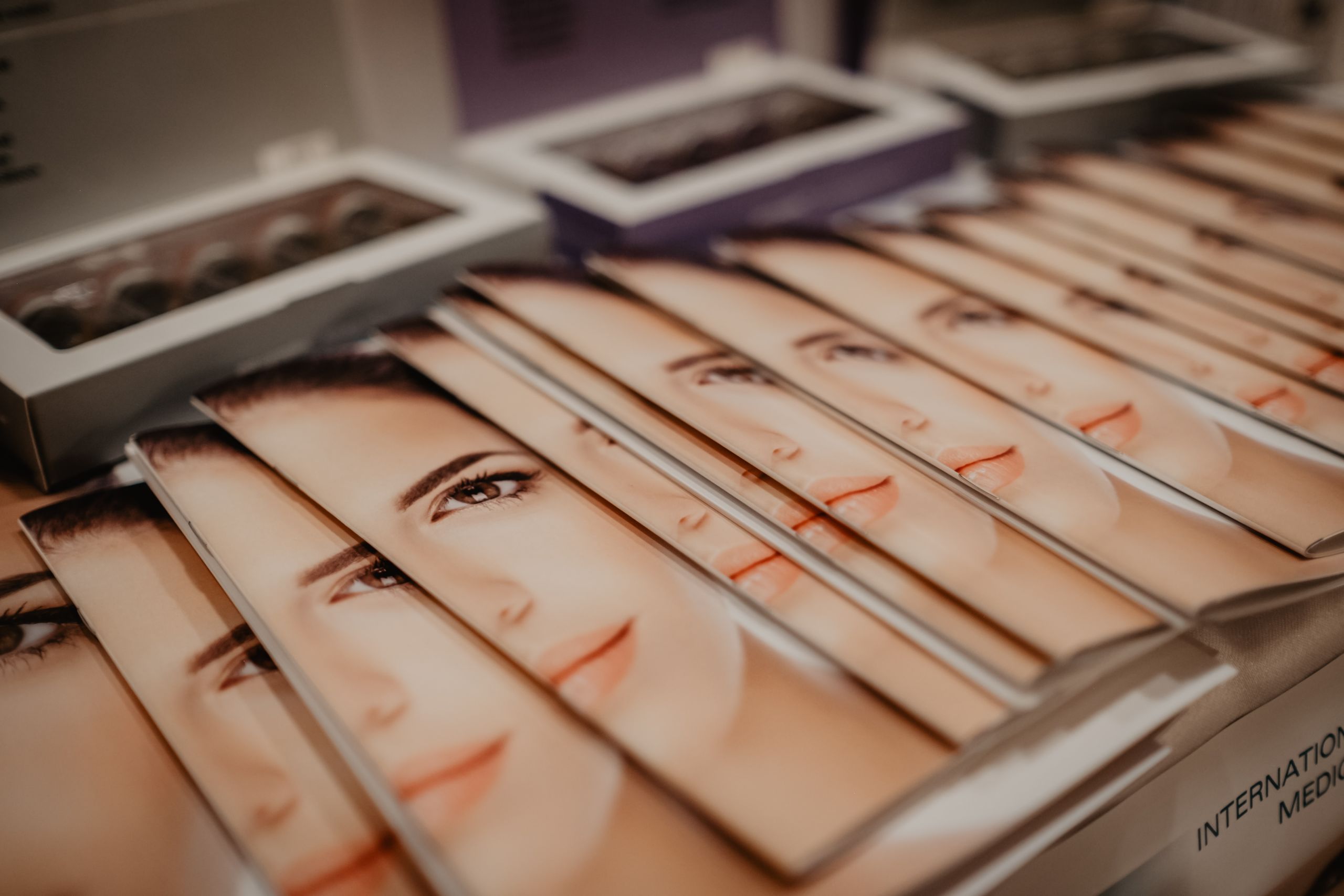
People face appearance-based discrimination on a daily basis, at work, in schools and in public spaces.
A decade of soaring social media use, increased exposure to online advertising and a persistent diet culture, mean that concerns about the way we look start younger, last longer, and affect more people than ever before.
Government action in this area continues to be limited so we, the Women and Equalities Committee, decided to investigate the prevalence of body dissatisfaction and what the Government should be doing to protect people.
In 1986 only 7% of adolescents said they had exercised to lose weight, whilst in 2015 this proportion was 60%.
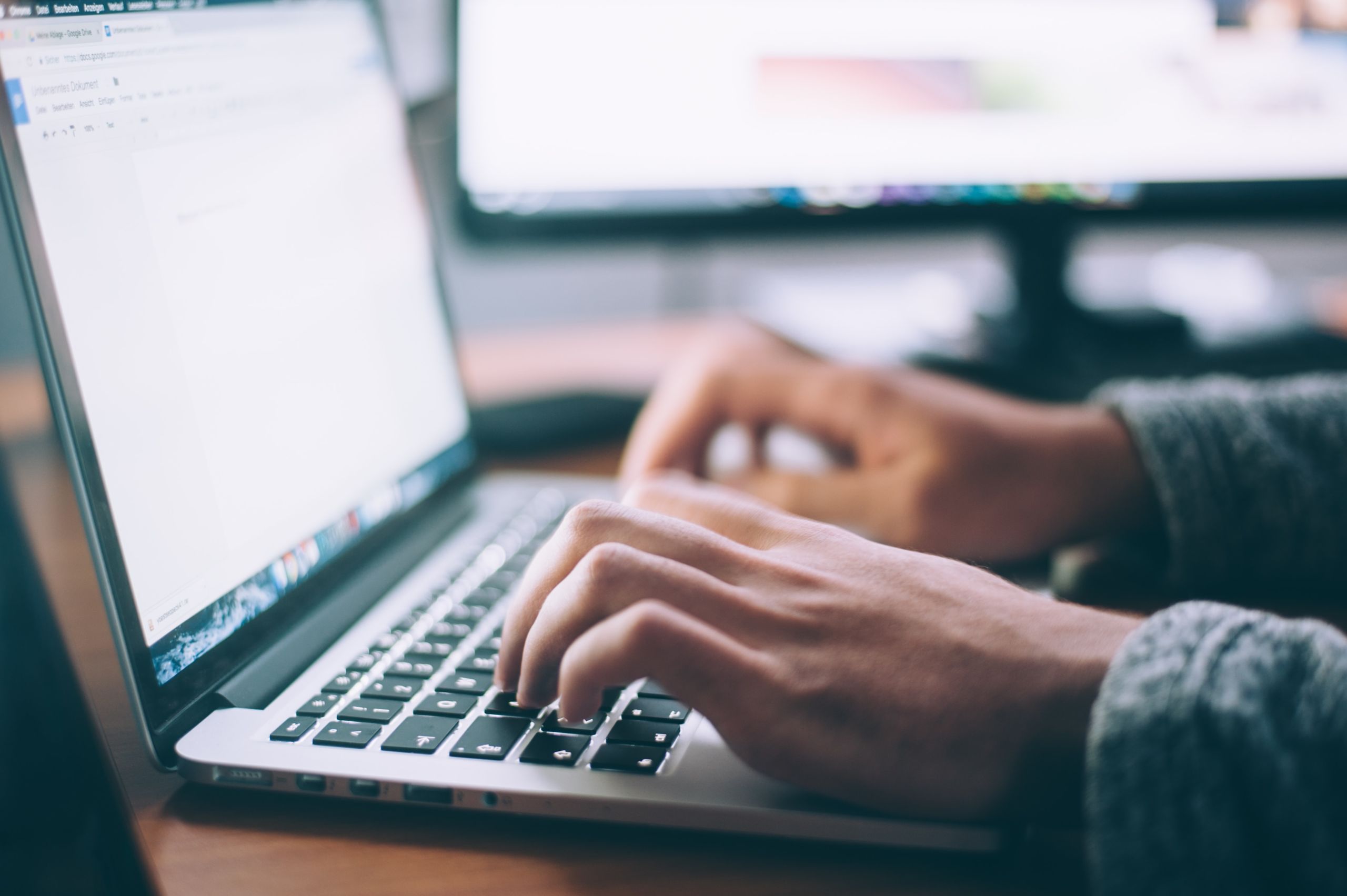
We started this investigation,
We asked our followers about their experiences with body image. We were overwhelmed by the number of you who wanted to tell us about your experiences.
You told us:
- The majority of people feel negatively about their body image most of the time
- Under 18s want to learn about body image in school
- Images on social media have a big influence on young people and adults
- People want change on this issue

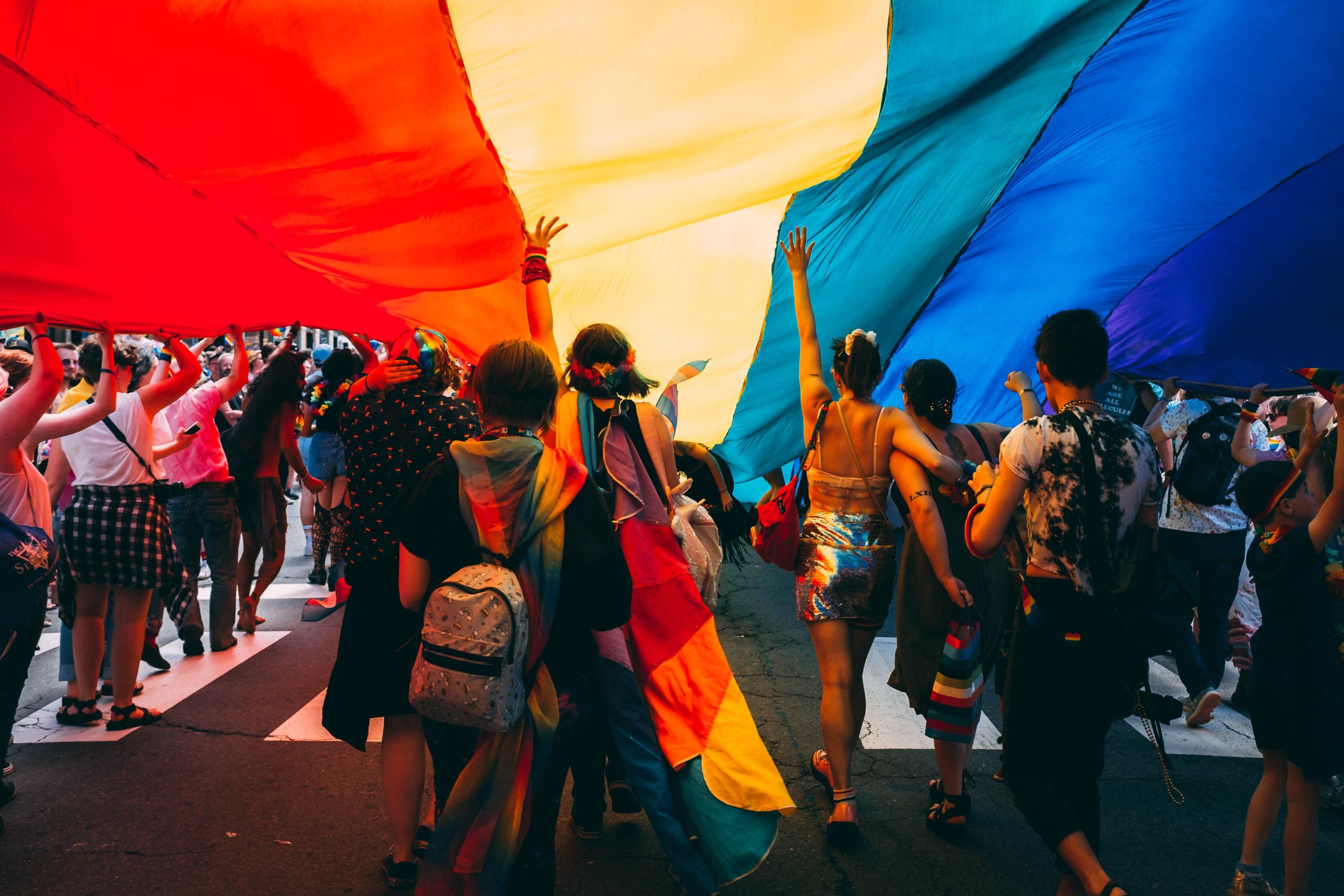
Thousands of people shared with us the ways in which negative body image has impacted their lives
These included:
- low self-esteem and lack of confidence
- mental health conditions such as depression, anxiety and body dysmorphic disorder
- the development of eating disorders and disordered eating
- a reluctance to visit the doctor, exercise, join clubs, speak in classrooms and other important life activities
- curtailed academic and career aspirations and performance
- suicide ideation and self-harm
- risky behaviours such as smoking, high-risk drinking, and substance misuse
- reduced quality of life on markers of psychological wellbeing, academic, emotional, and social functioning
- the use of anabolic steroids and medication to lose weight - including unregulated diet pills and laxatives
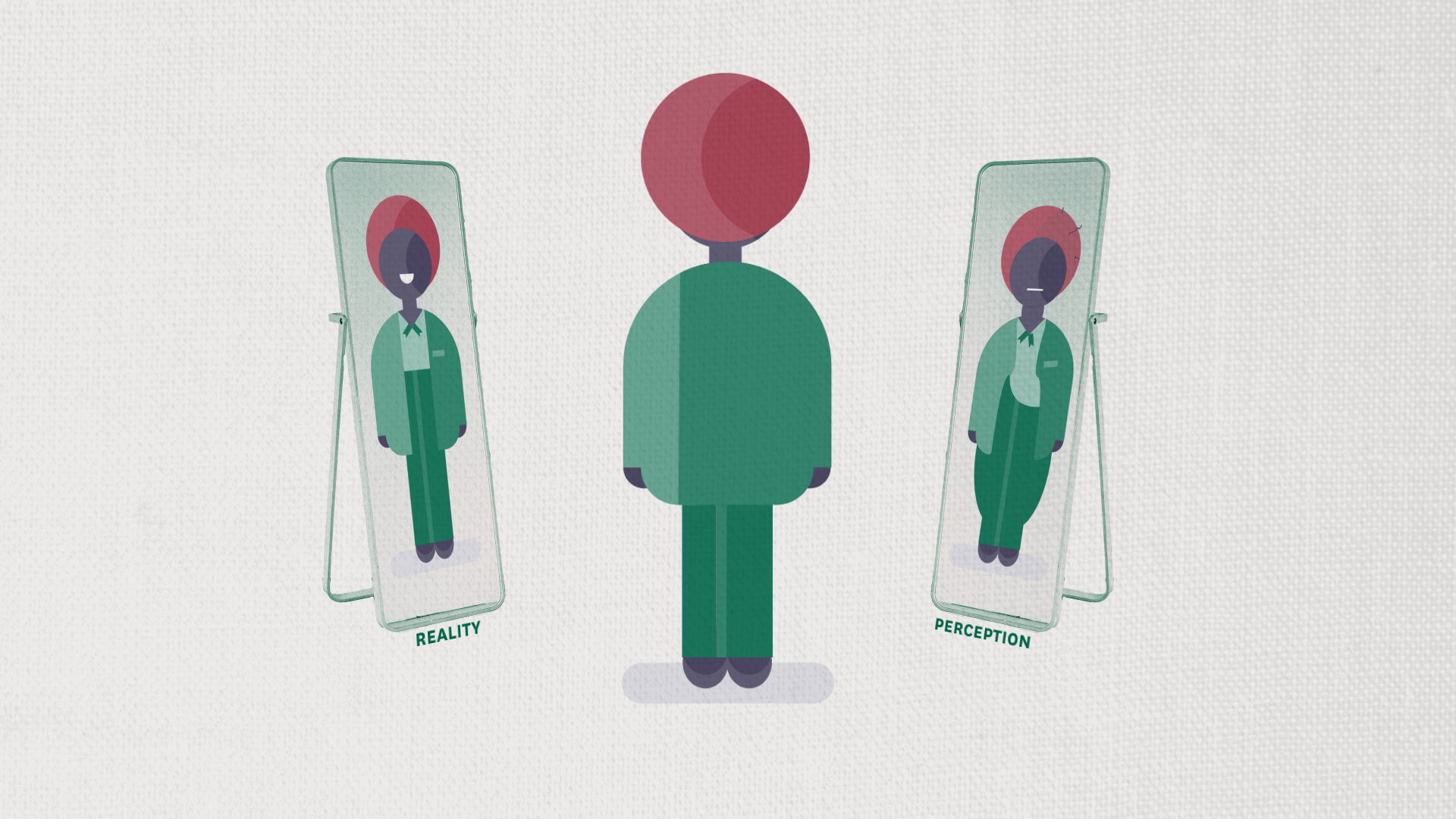
Who is impacted most?
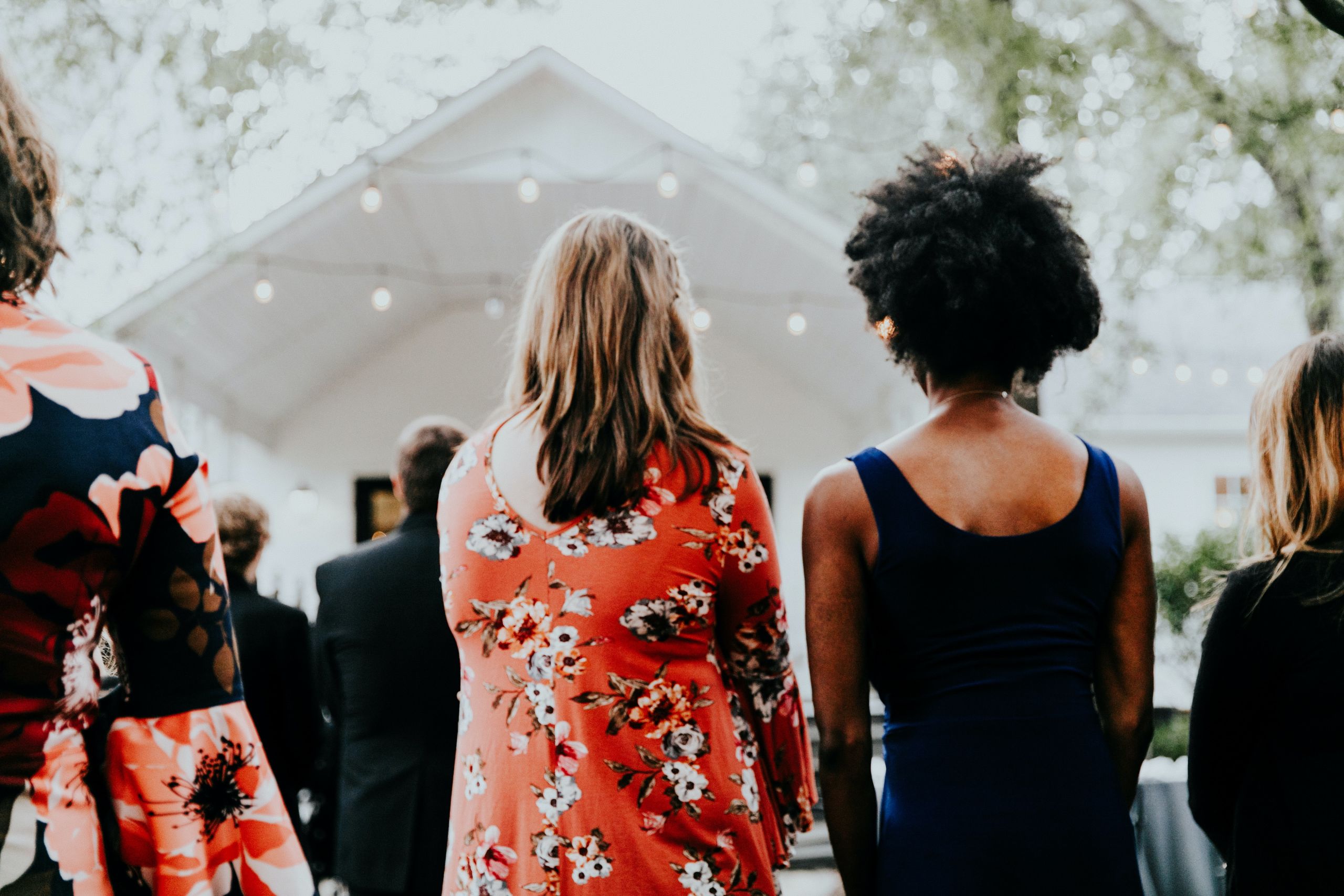
The number of individuals perceiving their body negatively is growing in the UK.
Often, discussions around poor body image have focused exclusively on young, white able-bodied women but trends indicated that body image concerns were rising amongst many other groups including;
- Early adolescents, including children as young as five years old
- Women and girls, when compared with men and boys
- Men experiencing mental health conditions such as Muscle Dysmorphia and Body Dysmorphic Disorder
- LGBT individuals when compared to heterosexual or cisgender individuals
40% of LGBT adults are more likely to experience shame due to their body image, compared to 18% of their non-LGBT counterparts.
Rising cases of Eating Disorders
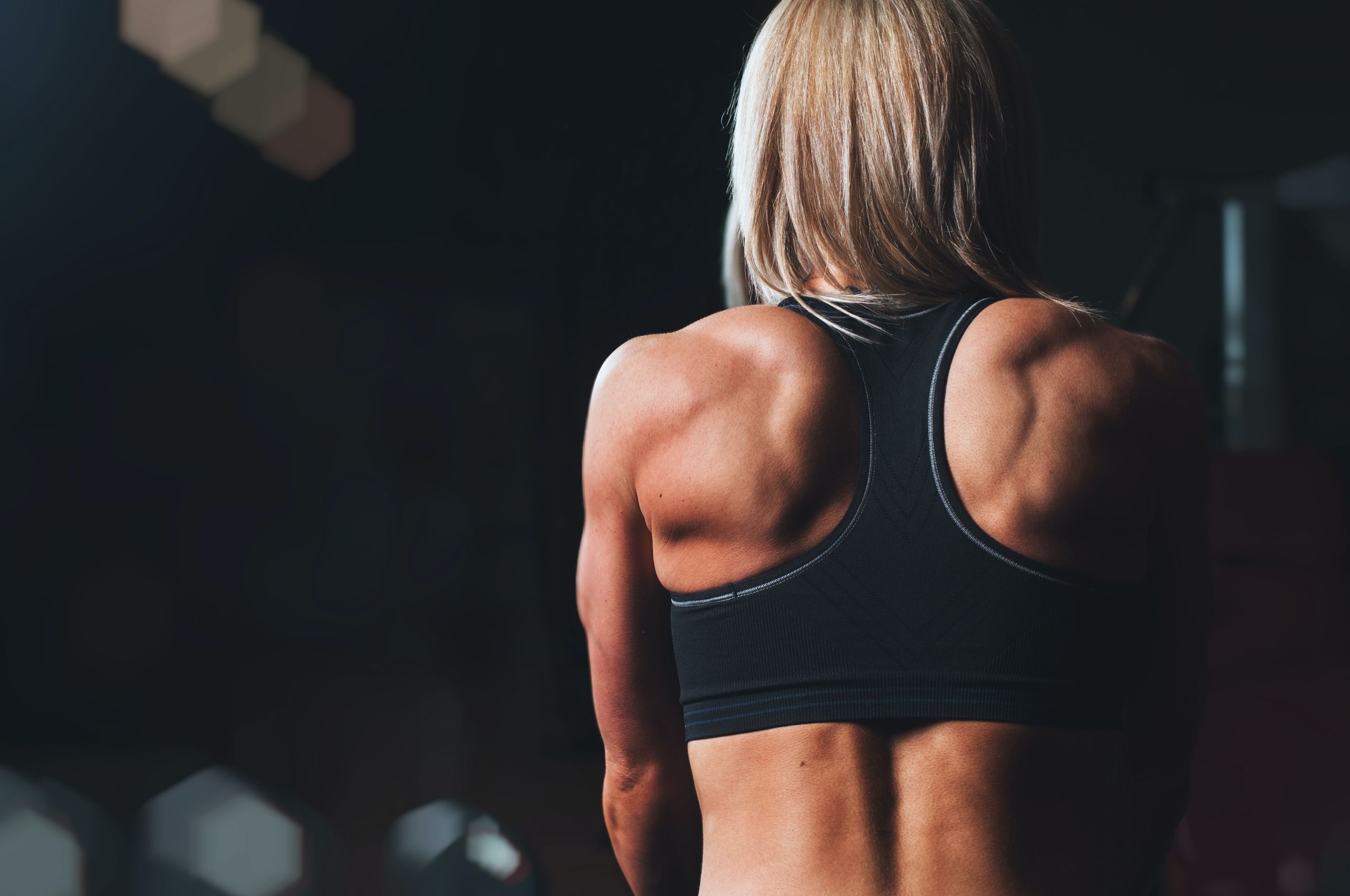
The Committee also heard that mental health conditions such as Body Dysmorphic Disorder (BDD) and Muscle Dysmorphia - in which an individual is consistently preoccupied with imperfections in their appearance/muscularity - appear to be increasing rapidly among young men. The NHS estimates that around 1% of people under the age of nineteen suffer with BDD.
Eating disorders are severe mental illnesses; Anorexia nervosa has the highest mortality rate of any mental health condition. People with eating disorders typically develop serious physical health problems through starvation, bingeing, purging or overexercise.
Beat, the eating disorder charity, estimates that 1.25 million people across the UK have an eating disorder, with one quarter of sufferers likely to be male.
However, despite these rising figures for eating disorders, respondents to our body image survey remarked that they had struggled to get help for their eating disorder:
"Mental health services are woefully underfunded and inadequate in their entirety, not least CAMHS and eating disorder therapy. Support for compulsive overeating is effectively non-existent and medical professionals are largely dismissive of those self-presenting with disordered eating of all types unless an individual is officially dangerously underweight."
Social media and advertising

Social media’s impact on body image was raised repeatedly throughout the inquiry.
We found that majority of young people and adults spend over 2 hours on a typical day on social media and that social media had the biggest influence on how they felt about their appearance.
We heard that social media has grown the group of people we compare our bodies with from solely people we know in our communities to most in the virtual world.
We were also told the dramatic increase in social media use in the last decade has highlighted that engagement with social media is associated with poor body image as well as the desire to undergo cosmetic surgery.
There is also a prevalence of stereotypes in media and advertising based on appearance including race, age, weight, visible difference and sexual identity that continue to perpetuate significant health and social inequalities.
Adverts and campaigns can have a negative impact if they promote unrealistic appearance ideals, contribute to diet culture which harms how people think and feel about their body, and if they perpetuate racism, weight stigma or sexualised and gender stereotypes
The Government should ensure urgently that more companies advertise with real images of people from a diverse range of ethnicities, abilities, sexualities, genders, body shapes and sizes.
Educating young people
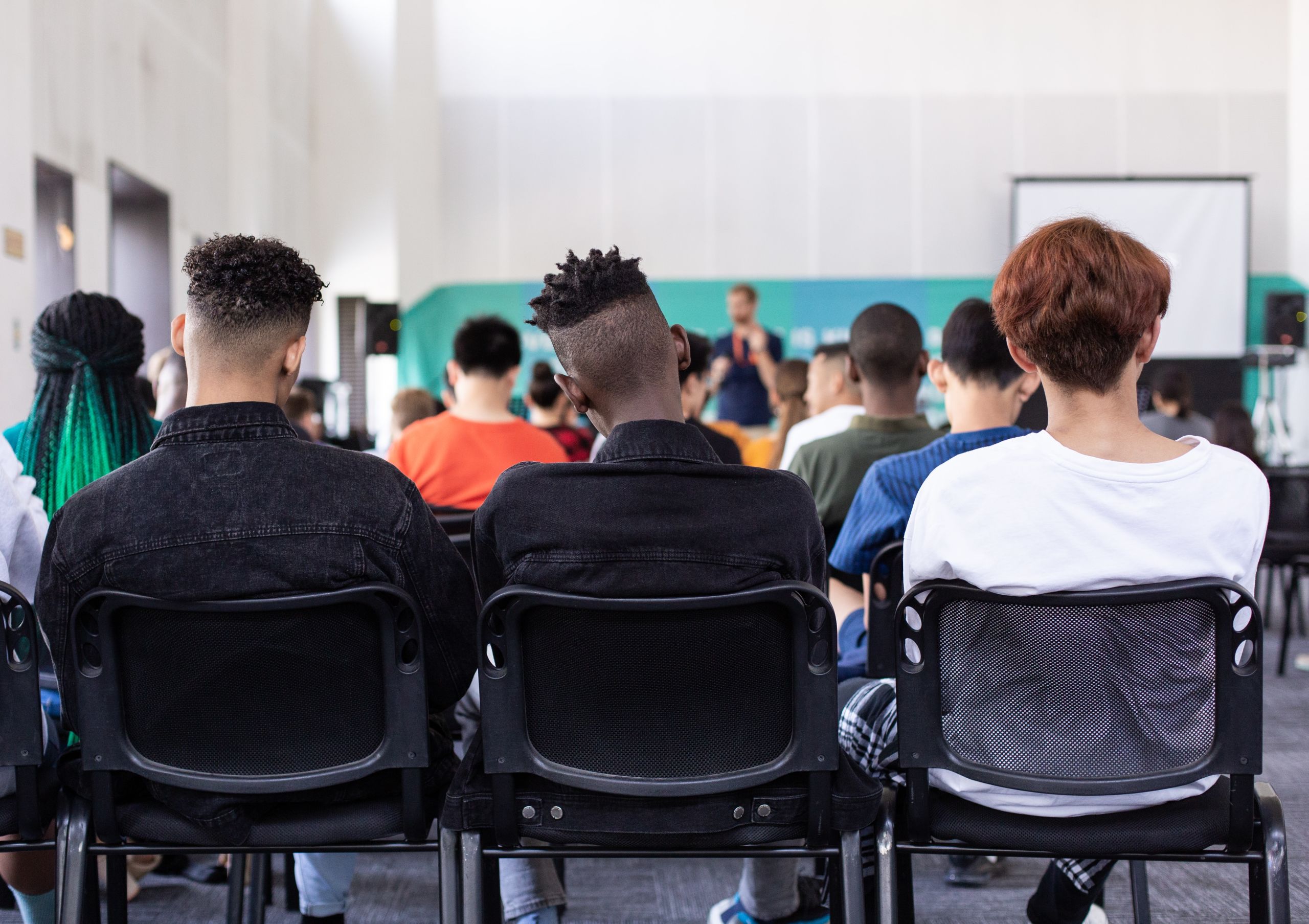
If a teenager develops a negative body image, it can last a lifetime.
Young people are particularly vulnerable to poor body image with 66% of under 18s reporting to us that they feel negative or very negative about their body most of the time.
Girlguiding UK told us that the bombardment of perfected images every single day takes its toll, having found that 45% of 11-16 year olds regularly use apps or filters to make themselves look different.
It was suggested that the Government must focus on promoting evidence-based body image interventions and include them in the curriculum for primary and secondary schools to promote positive body image, reduce unhealthy weight control behaviours and better mental health more broadly.
Encouraging positive body image during childhood and adolescence must be a priority. We recommend that the Department for Education regularly reviews the new RSHE curriculum to ensure that it is having a positive impact on wellbeing and decreases levels of body dissatisfaction.
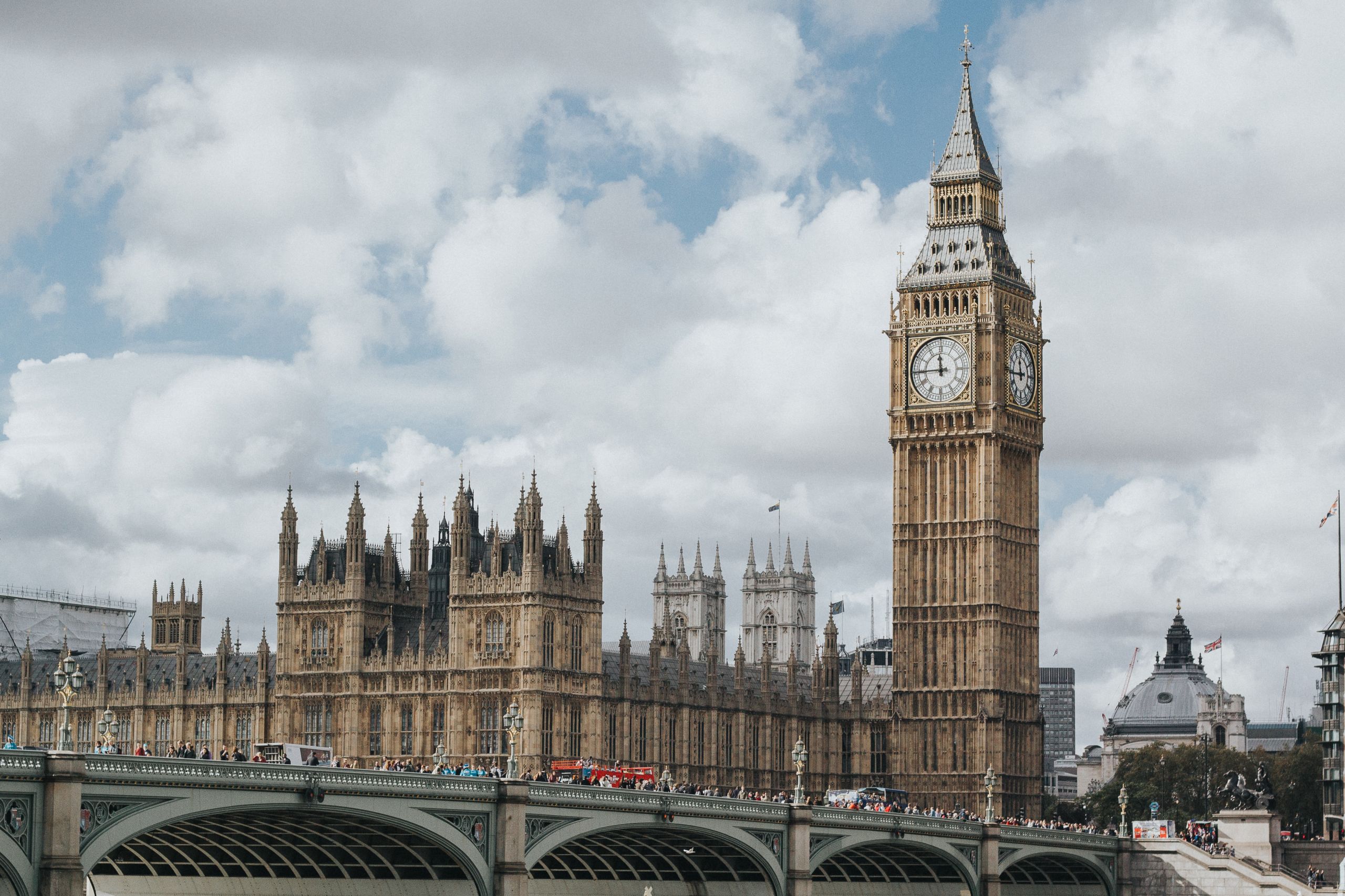
The Government must now respond to our report
Our report, 'Changing the Perfect Picture: An Inquiry into Body Image' was published on 9th April 2021 and the Government has two months to respond to our recommendations.
Detailed information from our inquiry can be found on our website.
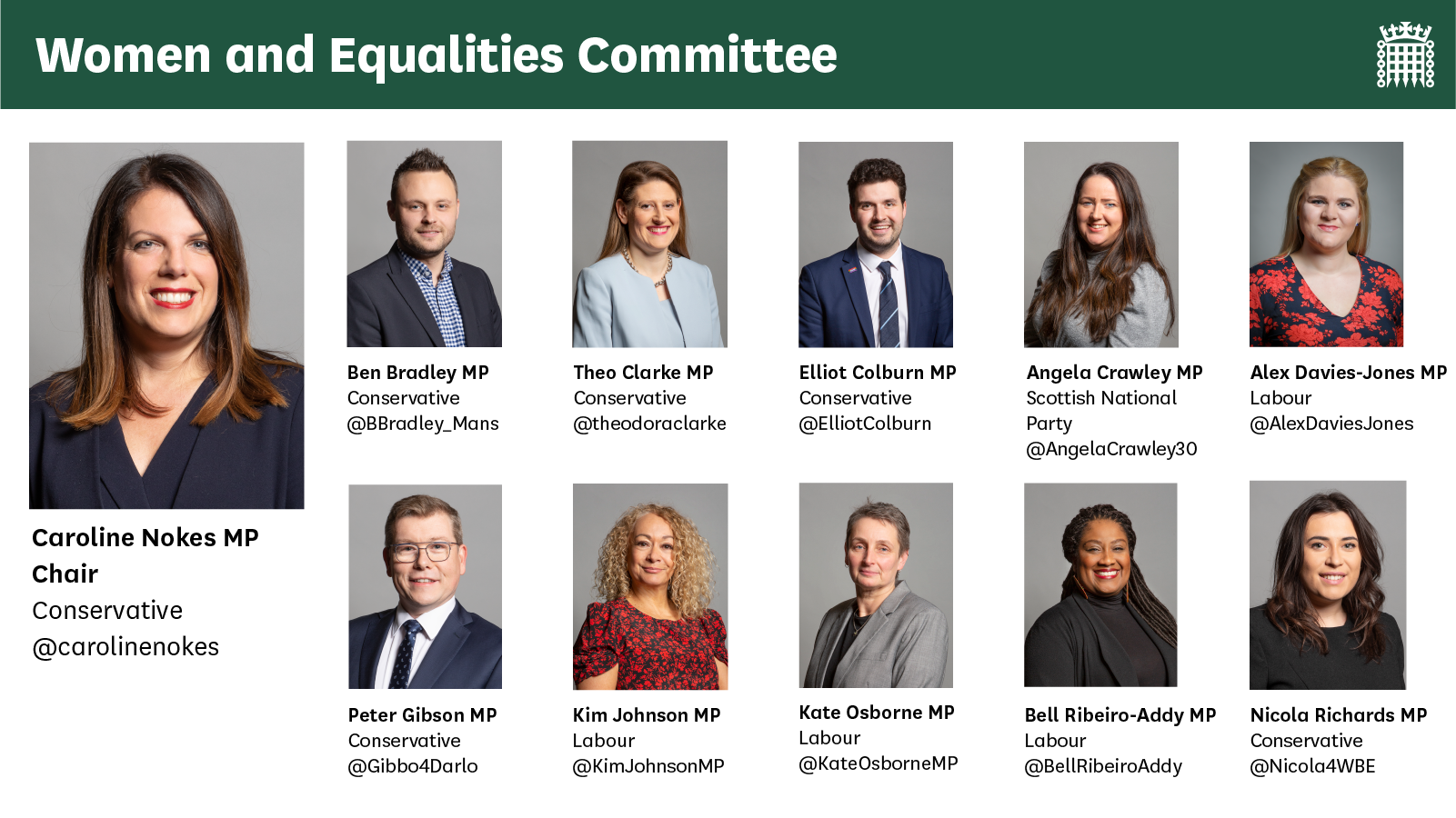
If you’re interested in our work, you can find out more on the House of Commons Women and Equalities Committee website. You can also follow our work on Twitter.
The Women and Equalities Committee examines the work of the Government Equalities Office (GEO). It holds Government to account on equality law and policy, including the Equality Act 2010 and cross Government activity on equalities. It also scrutinises the Equality and Human Rights Commission.
Title image scource: unsplash.com, Victoria Priessnitz

